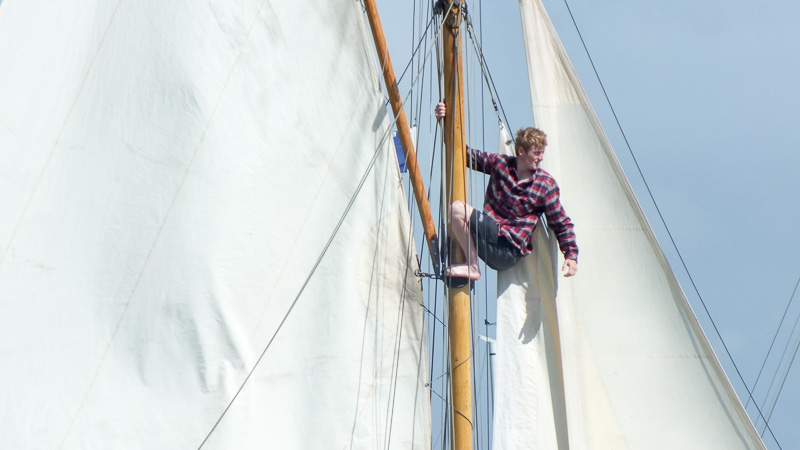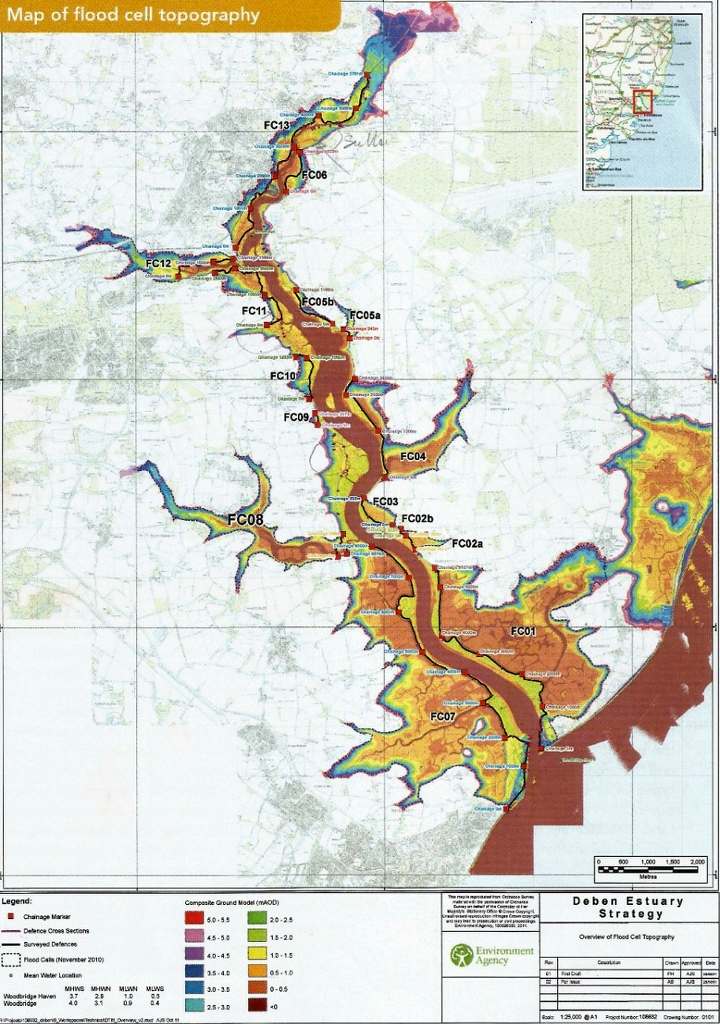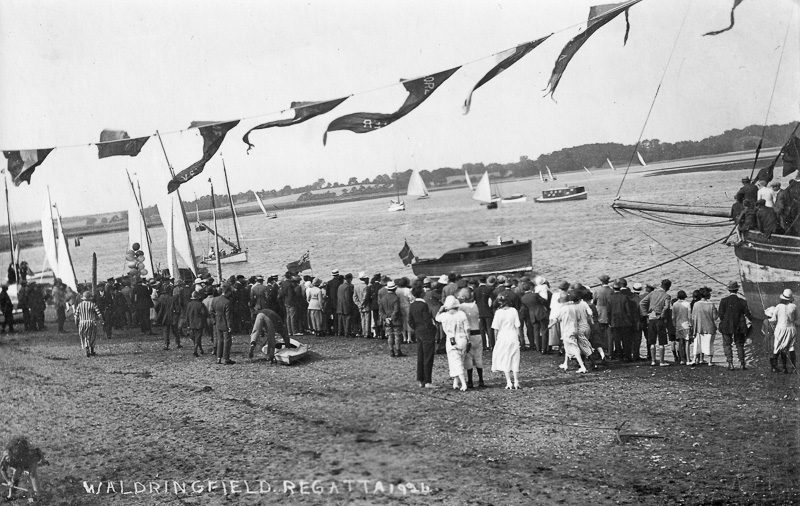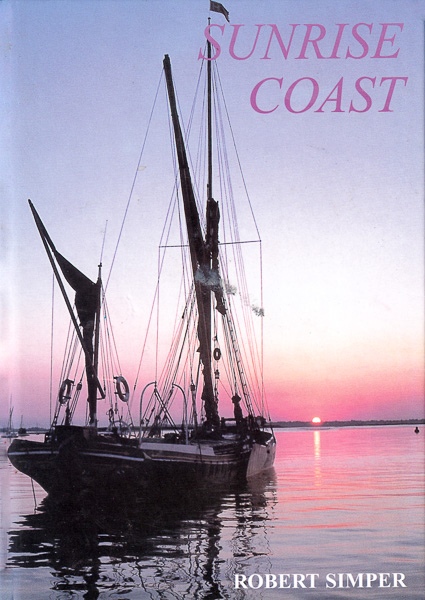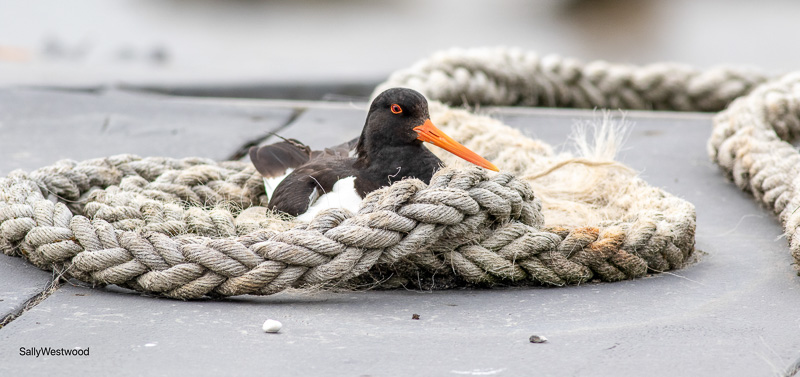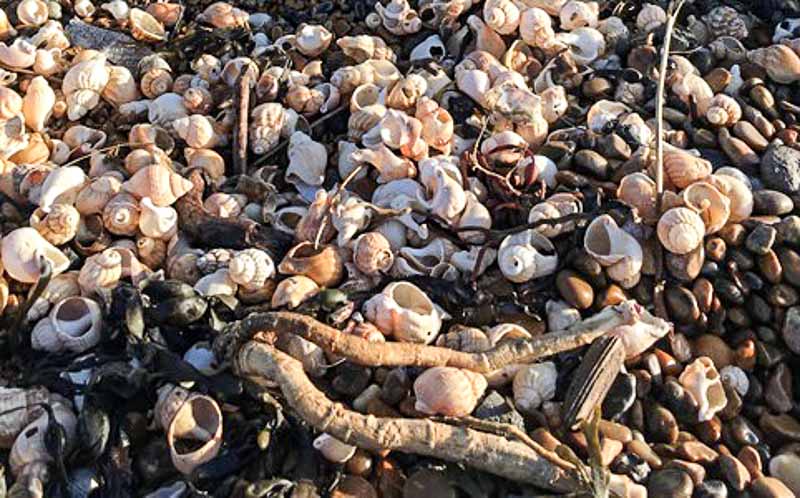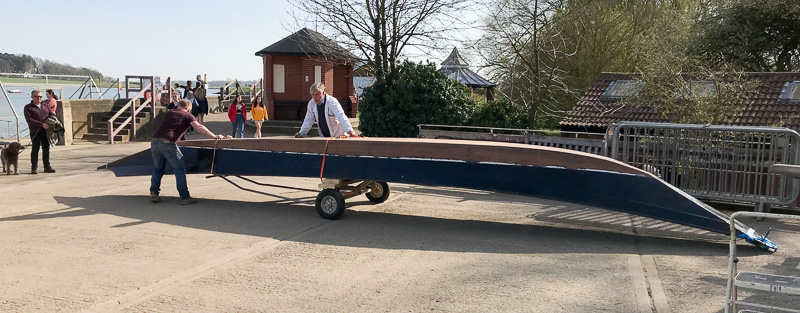by Josh Masters
Introduction from Julia Jones (RDA Journal Editor):
I am one of many river users who is currently wondering what I can do to reduce my carbon emissions. The RYA (Royal Yachting Association) has recently published their aspiration to make the UK’s recreational boating sector zero carbon by 2050 with a 50% reduction in carbon emissions from boat engines by 2030. https://www.rya.org.uk/about-us/policies/environment-and-sustainability.
It’s perhaps easier to see what can be done with new-build boats than with yachts like mine, built as a motor-sailor in 1946. While I can safely undertake to use my sails as frequently as possible (that’s the joy of being a water-born hybrid) it will remain impossible to push one’s way out of the narrow Deben entrance against a spring flood if the wind is adverse. Continue reading

